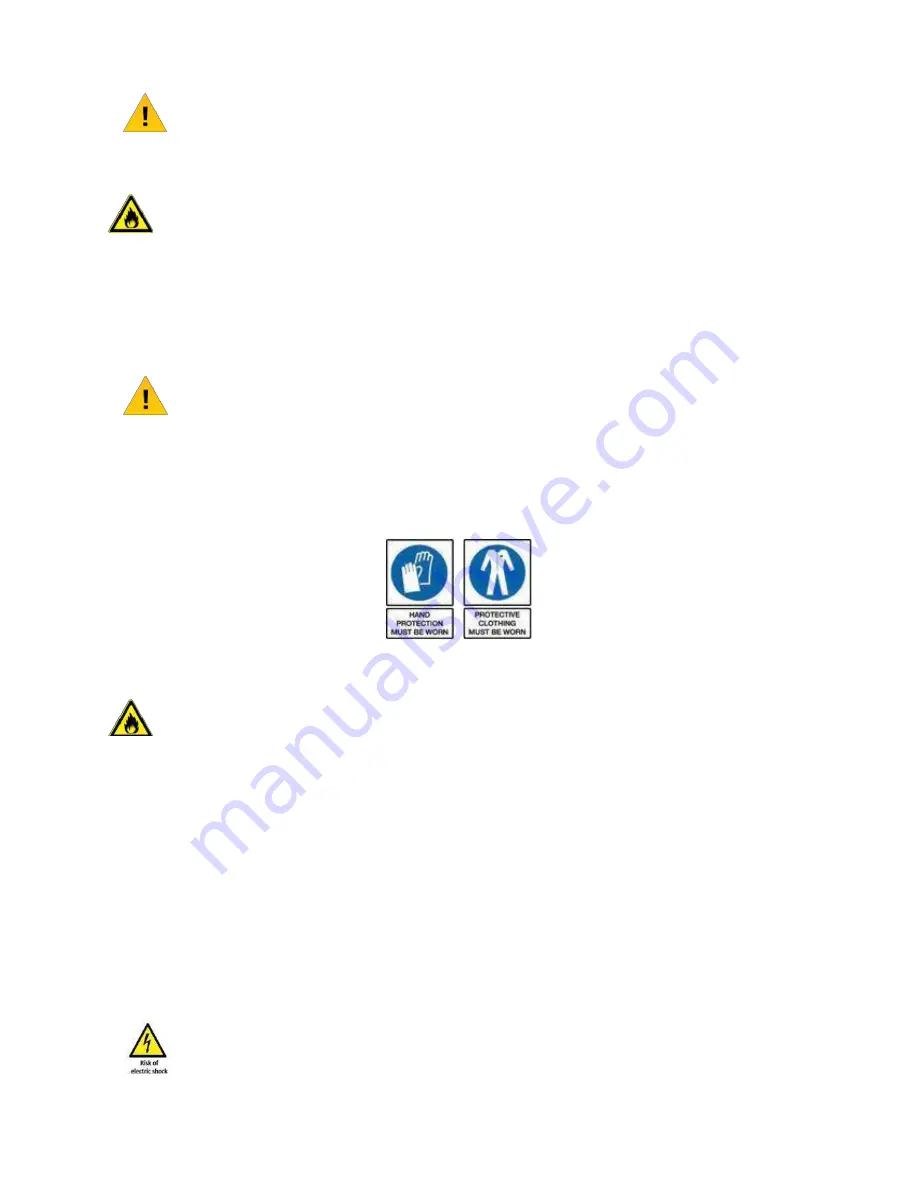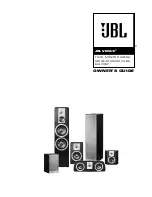
5
1.20
General Fuel Safety (where applicable).
CAUTION
ALL FUELS ARE FLAMABLE
1.21
Fire Hazard
– keep fuel away from all sources of ignition for example heaters.
Lamps, sparks from grinding or welding.
1.22
DO NOT
carry out hot work on tanks that have contained fuel.
1.23
ALWAYS
keep the work area tidy.
1.24
ALWAYS
clean up spills promptly using absorbent granules and a lidded bin.
1.25
ALWAYS
dispose of waste fuels correctly.
1.30
Fueling/De-fueling (where applicable).
CAUTION
ALL FUELS ARE FLAMABLE
1.31
ALWAYS
fuel and defuel in a well ventilated area outside of buildings.
1.32
ALWAYS
wear correct, suitable and fit for purpose Personal Protective Equipment
(PPE), suggested items are but not limited to safety gloves, overalls.
1.33
When fueling/de-fueling
ALWAYS
avoid inhaling fumes.
1.34
When de-fueling
ALWAYS
use a proper fuel retriever.
1.35
ALWAYS
carry fuel in the correct and clearly marked container.
1.40
Electrical Safety (where applicable).
1.41
Electricity can kill
–
NEVER
work on
LIVE/ENERGISED
equipment.
1.42
Prior to carrying out any maintenance work you
MUST
identify electrical isolation
methods and isolate all electrical supplies.
1.43
Prior to use and with all electrical supplies isolated, you
MUST
check all electrical
cables, plugs and connectors for the following;
1.44
Are intact and have no signs of damage, to include but not limited to bare wires,
chaffing, cuts and loose wiring.
1.45
If there are any signs of damage, the damage item
MUST
be taken out of service
until the damage has been repaired by an electrically competent person.
1.46
All trailing cables should be routed so as not to cause any kind of trip hazard.
1.47
NEVER
work on or near electricity with wet hands, wet clothing and wet gloves.






































